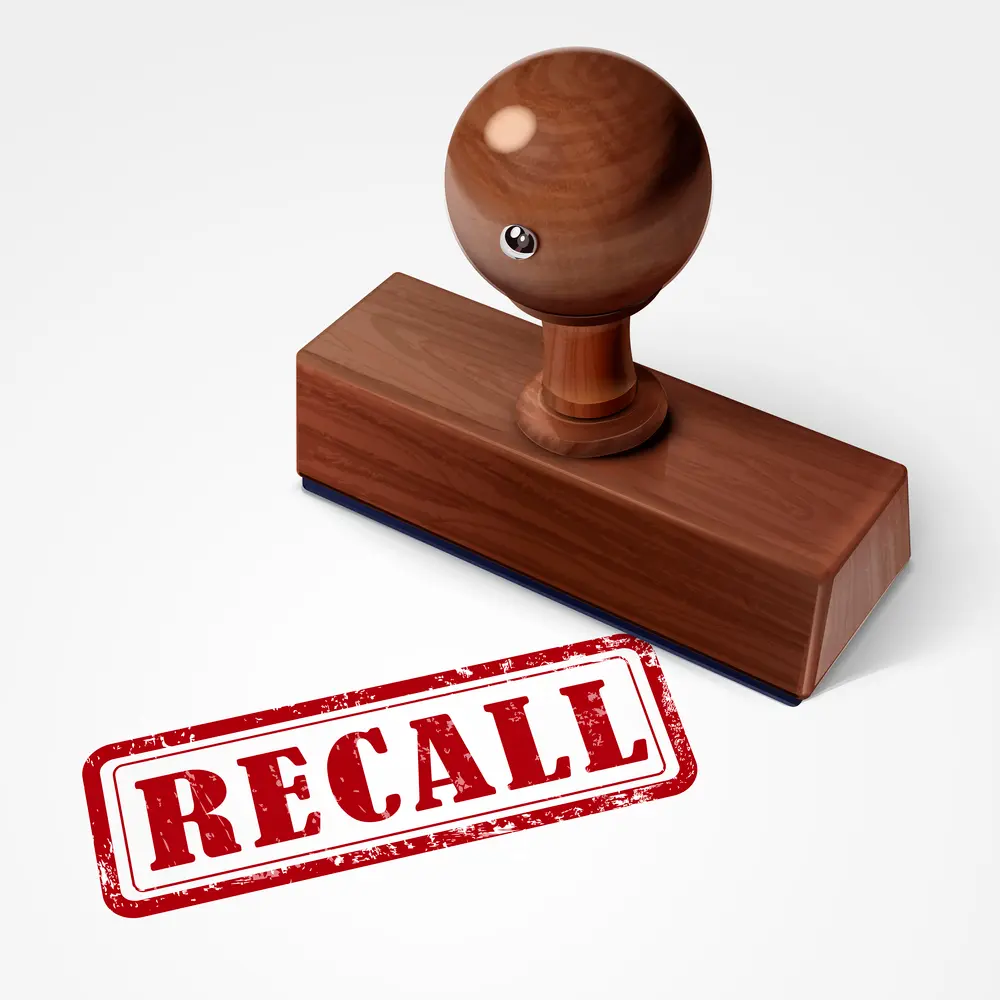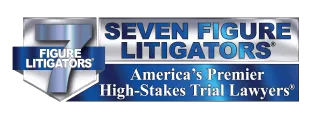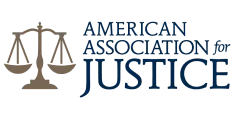Product liability refers to the legal responsibility that manufacturers, distributors, and sellers have when a consumer is harmed by a defective or mislabeled product. Multiple issues dictate how these claims are approached and resolved, and manufacturers typically have a strong defense network of lawyers to protect them. To get justice for your case, you need a qualified product liability attorney in Cheyenne, Wyoming and Casper, Wyoming on your side.
Types of Product Liability Claims
Defective Design
One of the most common types of product liability claims is defective design. This claim can be made when a product, even though manufactured and used correctly, poses an inherent risk due to a flaw in the original design. The issue can’t be a one-off error but an inherent problem in the product’s blueprint.
To illustrate, consider a model of car seats that is produced perfectly according to the design specifications but starts showing a tendency to dislodge during abrupt stops. Another example would be if a specific model of car is found to have a design flaw that makes it susceptible to flipping over during sharp turns. A consumer who gets injured in either of these scenarios might have a claim based on defective design.
Establishing a defective design claim requires proving that the product was unreasonably dangerous and that a feasible alternative design, which would have reduced or eliminated the risk without compromising the product’s utility, was available.
Manufacturing Defects
When the product’s design is sound, but errors or inconsistencies in the manufacturing process introduce defects that make the product unsafe, you have manufacturing defects. The design itself is safe, but somewhere along the production line, something went amiss, rendering the specific item or batch unsafe for use.
For example, if a batch of blenders is released with a malfunctioning blade that was improperly attached during the manufacturing process, this would be a problem with the way the product was made, not designed. Any harm caused to consumers as a result could lead to a manufacturing defect claim. As another example, say a pharmaceutical company produces over-the-counter pain relievers. However, due to contamination in one manufacturing plant, a specific batch becomes toxic. Individuals affected by consuming pills from this batch could file claims based on manufacturing defects.
To be successful, this type of product liability claim would need to demonstrate that the product deviated in its construction or quality from its intended design, making it more dangerous than a consumer would expect.
Failure to Provide Adequate Warnings or Instructions
Manufacturers and sellers hold a responsibility beyond the physical product. They must ensure that users have all necessary information to use the product safely. It is the duty of manufacturers and distributors to provide clear warnings and instructions with their products. If they fail to do so, they could be held liable for any injuries that result. Injuries due to inadequate instructions or failure to give a warning are considered preventable.
For instance, consider a potent cleaning solution that doesn’t come with a clear label warning against ingestion but does have pictures of lemons prominently all over the front. If a consumer can’t easily see any warning, and in their hurry one day mistakes the cleaning product for a lemonade mix, the manufacturer could be held responsible for any resulting harm. Or, consider a power tool sold without warnings about potential electrocution risks when used near water. An individual injured in such a scenario could base their claim on the manufacturer’s failure to provide sufficient warning.
To succeed in such a claim, one needs to prove that the product came without an adequate warning and that the absence of this warning rendered the product unreasonably dangerous.
Breach of Warranty
When companies make certain promises or guarantees about their products, they’re expected to uphold them. If they don’t, they can be held liable under a breach of warranty claim. This can either be an express warranty or an implied warranty.
Express Warranty
An express warranty is a directly stated promise about a product’s performance or quality. For instance, if a generator is advertised to last ten years without any faults but breaks down in its third year and injures someone, despite proper use, the buyer could claim a breach of express warranty.
Implied Warranty
These are unwritten and unspoken guarantees that a product will function to the level that a standard consumer would expect. If a brand-new toaster fails to toast bread, for instance, it’s obviously not living up to its fundamental purpose.
Breach of warranty claims can be more difficult than other types and require an especially keen understanding of the promises made, either explicitly or implicitly, and how the product failed to meet those expectations.
Your Legal Rights as a Consumer
Consumers are protected by law from defective products that could harm them. It’s important for you to be aware of your legal rights and to take action if you’ve been injured or adversely affected by a product.
Statute of Limitations
Like many legal proceedings, product liability claims in Wyoming have a statute of limitations. This means there’s a time limit for filing a claim. Typically, for most product liability cases, this period is four years from the date of injury.
However, it’s crucial to consult with a legal professional as soon as possible to ensure your claim is filed timely and correctly. While four years might seem like a lot of time, you can expect the manufacturer and their legal team to drag their feet, and evidence tends to diminish with time. The sooner you get started, the better your chances of a good outcome.
Compensation
If you’ve been harmed by a defective product, you might be entitled to compensation. This can cover various damages, including medical expenses, lost wages, pain and suffering, and other related costs. The specific amount and types of damages will vary based on the details of your individual case, and your product liability attorney can give you more information.
Comparative Negligence
Wyoming operates has a modified comparative negligence system, which means that if you are found to be partially at fault for your injury, your compensation might be reduced by the percentage of your fault. You might be found to be partly responsible for an injury due to misuse of a product, even if that product was designed or manufactured in a faulty way.
It’s important to remember that comparative negligence doesn’t mean the claim will be dismissed outright. Instead, any compensation awarded might be reduced by a percentage that reflects your contribution to the incident. So, if a court determines that you were 20% responsible due to your own negligence, but the product was indeed designed or manufactured in a faulty way, you would be able to recover damages, but they would be reduced by 20%. If you are awarded $43,000 in damages, then, your payment would be reduced by $8,600.
Contact a Product Liability Attorney in Cheyenne, Wyoming and Casper, Wyoming Today
The law protects consumers from defective products, but you need someone with extensive experience and knowledge of the law on your side for a good result. If you or someone you know has been harmed by a product, reach out to Ochs Law Firm right now for a consultation. Together, we can uphold your rights and get justice for your losses.







